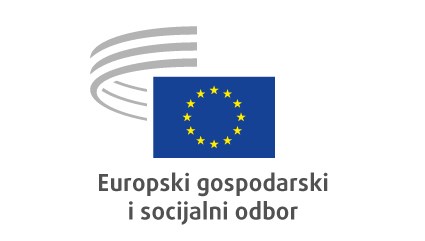
Journalists are facing mounting pressure from both governments and private interests that are restricting media freedom, the European Economic and Social Committee (EESC) warned on Friday. The EESC is an EU advisory body composed of trade unions, employers, and civil society organizations.
“Journalists continue to battle familiar enemies: censorship, opaque media ownership, lack of funding, and laws targeting the press,” said Laurentiu Plosceanu, EESC Vice President for Communications.
In the first half of this year alone, 756 violations of media freedom were recorded across EU member states and candidate countries, according to data from the Media Freedom Rapid Response project. The most common infringements were intimidation and threats, with instances of discreditation, harassment, and bullying also on the rise.
“The situation is alarming,” Plosceanu emphasized at a two-day seminar in Brussels organized by the EESC under the title “Bastion of Democracy: Helping Journalism Survive and Thrive.”
Plosceanu noted a sharp increase in incidents involving government and public officials targeting journalists. The number of such cases in the first half of 2024 nearly equals the total for all of 2023.
“That’s truly concerning,” he said.
Croatia currently ranks 48th out of 180 countries in the Reporters Without Borders World Press Freedom Index, having dropped from 42nd place the previous year.
“There are some countries on that list you wouldn’t expect to be ranked so low,” said Gill Philips, media legal consultant and former legal director of The Guardian, specifically mentioning Croatia.
Nearly a quarter of media freedom violations in the EU occurred online, mostly involving cyber harassment and hacking.
“Journalism is becoming more dangerous than ever,” said Jerzy Pomianowski, Executive Director of the European Endowment for Democracy.
Since 2015, 14 journalists have been killed in the EU. In addition to violence, journalists face intimidation through SLAPPs (strategic lawsuits against public participation), said Ricardo Gutiérrez, Secretary-General of the European Federation of Journalists. During the discussion, concern was also raised about the killing of journalists in Gaza, where the Israeli army has restricted access and the work of foreign media.
Journalists from Belarus also raised alarms about persecution in their home country. “They want to kill me because I speak the truth,” said Belarusian journalist, activist, and filmmaker Andrei Gnyot in a video message. Gnyot is currently under house arrest in Belgrade, as a Serbian court considers an extradition request from Belarus.
Hanna Liubakova, who has been sentenced in absentia to 10 years in prison by the Belarusian authorities, added: “In my country, the price of information is extremely high.”
Gutiérrez of the European Federation of Journalists stressed that journalism should be treated as “a public service” or “a public good,” especially given the growing economic challenges facing the profession. “An increasing number of freelance journalists are without a stable source of income,” he noted.